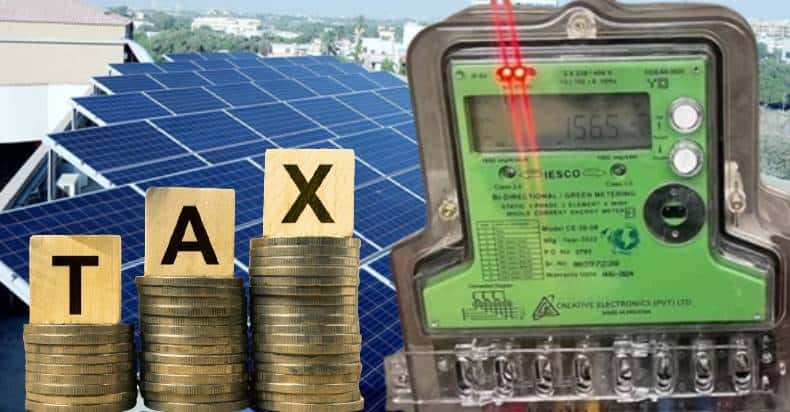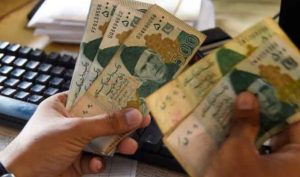ISLAMABAD – After weeks of tense back-and-forth with the International Monetary Fund (IMF), Pakistan’s government finds itself facing a tough new choice, and this time, solar panels and internet are in the spotlight.
International Monetary Fund (IMF) and federal government are weighing new round of potential tax hikes, this time targeting solar panels and internet services after proposals to raise taxes on fertilizers and pesticides were shot down.
Sources close to the talks told reporters that these “emergency tax measures” could soon feature in the IMF’s upcoming second review report, expected after the Fund’s Executive Board approves a $1 billion bailout tranche. The measures, insiders say, would be triggered only if Pakistan’s tax revenues in the first half of the fiscal year (July–December) fall short of agreed benchmarks or if the Ministry of Finance fails to curb spending.
According to official documents shared by Federal Board of Revenue (FBR), the government is considering increasing General Sales Tax (GST) on imported solar panels from 10% to 18% starting January 2026, if need arises. Another proposal under review involves increasing the withholding tax on internet services from 15% to as high as 18% or even 20%, potentially driving up digital costs for millions of users.
FBR estimates that imported solar panels could add a staggering 25,000 to 30,000 megawatts of new generation capacity in the coming years. Pakistan’s rooftop solar installations currently produce around 6,000 megawatts, and that number could double in a short span, a trend that has alarmed policymakers.
Officials warn that rapid solar boom, while easing household electricity costs, is slashing dependence on national grid and driving capacity payments to record highs.
As Pakistan races to stay on track with IMF conditions, these proposed taxes could ignite fresh controversy, pitting fiscal necessity against public outrage, and potentially slowing the country’s green energy revolution.













